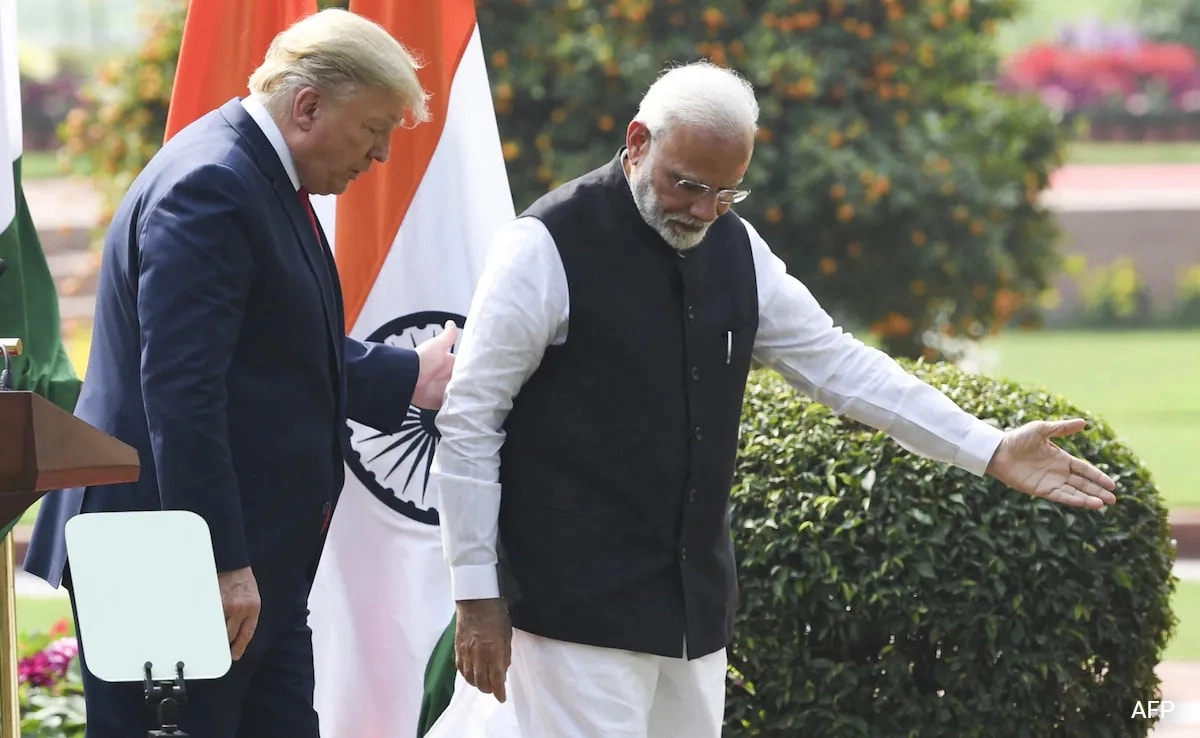The Supreme Court of India has provided a significant ruling regarding the use of Aadhaar for individuals whose names have been struck off the voter list in Bihar. This decision comes against the backdrop of ongoing debates about the efficacy and security of Aadhaar, the unique identification system implemented in India. The Court’s ruling allows those affected individuals to use their Aadhaar numbers as a means of establishing their identity and eligibility to vote, thereby ensuring that their democratic rights are upheld despite administrative challenges.
This development is particularly important in Bihar, where discrepancies in voter registration and maintenance of electoral rolls have been persistent issues. Many citizens have found themselves disenfranchised due to errors or omissions in the voter list, which can stem from various factors such as bureaucratic inefficiencies, lack of awareness, or even technical glitches. By permitting the use of Aadhaar, the Supreme Court aims to streamline the process of re-registering voters or contesting the removal of their names from the electoral rolls, effectively making it easier for individuals to reclaim their voting rights.
Moreover, this ruling highlights the complexities surrounding the intersection of technology and governance in India. While Aadhaar has been touted as a revolutionary tool for identification and service delivery, concerns regarding privacy and data security remain prevalent. Critics argue that reliance on Aadhaar could lead to potential misuse of personal information, while proponents contend that it is a necessary step toward ensuring transparency and accountability in electoral processes. The Supreme Court’s decision, therefore, not only addresses immediate concerns regarding voter disenfranchisement but also invites a broader discourse on the role of technology in enhancing democratic participation.
As the implementation of this ruling unfolds, it will be crucial to monitor its impact on voter registration in Bihar and potentially in other states facing similar challenges. The Court’s intervention signifies a commitment to uphold democratic principles and ensure that every citizen has the opportunity to participate in the electoral process. This case may set a precedent for how identification systems like Aadhaar can be integrated into various aspects of governance, particularly in areas that directly affect citizens’ rights and responsibilities. The balance between technological advancement and privacy concerns will continue to be a focal point for policymakers and civil rights advocates alike in the coming years.




